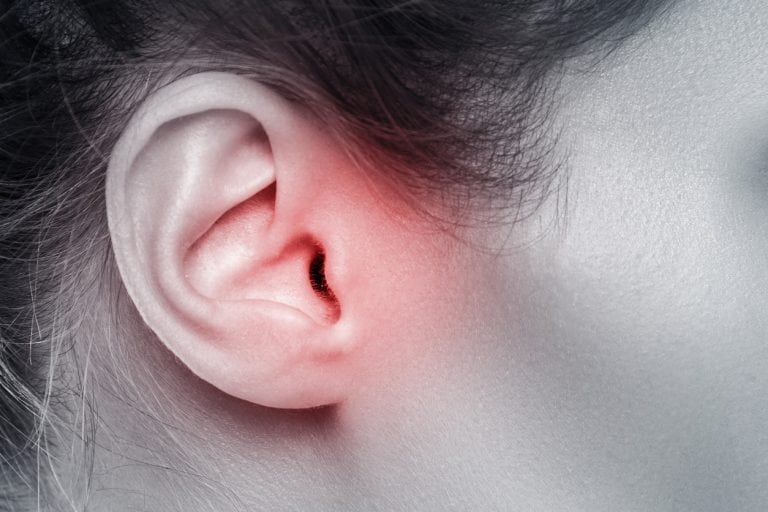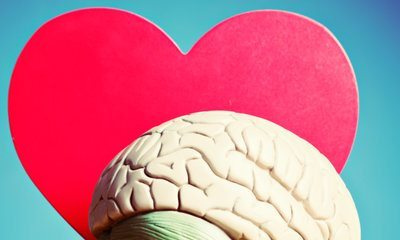
Researchers claim that an average person needs somewhere around seven to nine hours of sleep each night, in order to wake up fully rested and energized. But the thing is, it is possible to get that amount of sleep and still feel tired the next day – because it’s just not about the quantity of sleep, but about the quality as well.
Waking up exhausted for apparently no reason at all can often indicate other health issues, mental or physical. Or it could be just something that you’re doing before bed that isn’t letting you rest completely. In this case, what could be done? We gathered 11 reasons why you might wake up tired every day, no matter how much sleep you’re getting.
- Lack of movement can result in a poor quality of sleep – Not doing any physical activity during the day will make you feel even more tired than going to the gym.
- Dehydration affects it as well – Because it affects your blood volume, dehydration can make your heart less efficient, leaving you feeling completely exhausted for no reason.
- Depression causes sleep issues – No matter how much sleep you get, you’ll feel tired all the time. Actually, being sleepy all the time is one of the main symptoms of depression.
- Alcohol helps you fall asleep but interrupts your sleep circle – While the occasional glass of wine has a sedative effect and can induce sleep, a regular drinker will suffer insomnia.
- Coffee can affect your sleep as well – If you drink coffee six hours prior to your bedtime, it will affect your sleep.
- Night-time phone use can be damaging as well – Because of the fact that smartphones can activate in our brain a “wake-up” syndrome, phone usage before falling asleep can leave us tired for the next day.
- What you are eating has an impact on your sleep – According to a 2017 study, having a consistent schedule with our meals can regulate our circadian rhythms.
- The same goes for nutritional deficiencies – Iron, vitamin B, and magnesium deficiency can negatively impact our sleep quality
- Anxiety affects your sleep quality – People who are suffering from anxiety have difficulty falling asleep, and things tend to get worse when they’re going through a stressful situation.
- Hormone disorders are linked to messy sleep – Exhaustion can be linked to some hormone disorders as well. Diabetes, thyroid disorders, and anemia have in common sleep issues.
- Sleep disorders can cause sleep issues – If your sleeping problems are persistent, you might want to consider going to the doctor. You may have sleep inertia the next day, which is a term used to describe that sensation of dizziness you have after you wake up. But if it lasts longer than it should, you might suffer from a sleep disorder.
If you enjoyed reading this article, we also recommend you: 10 Good Reasons to Drink Green Tea More Often

























